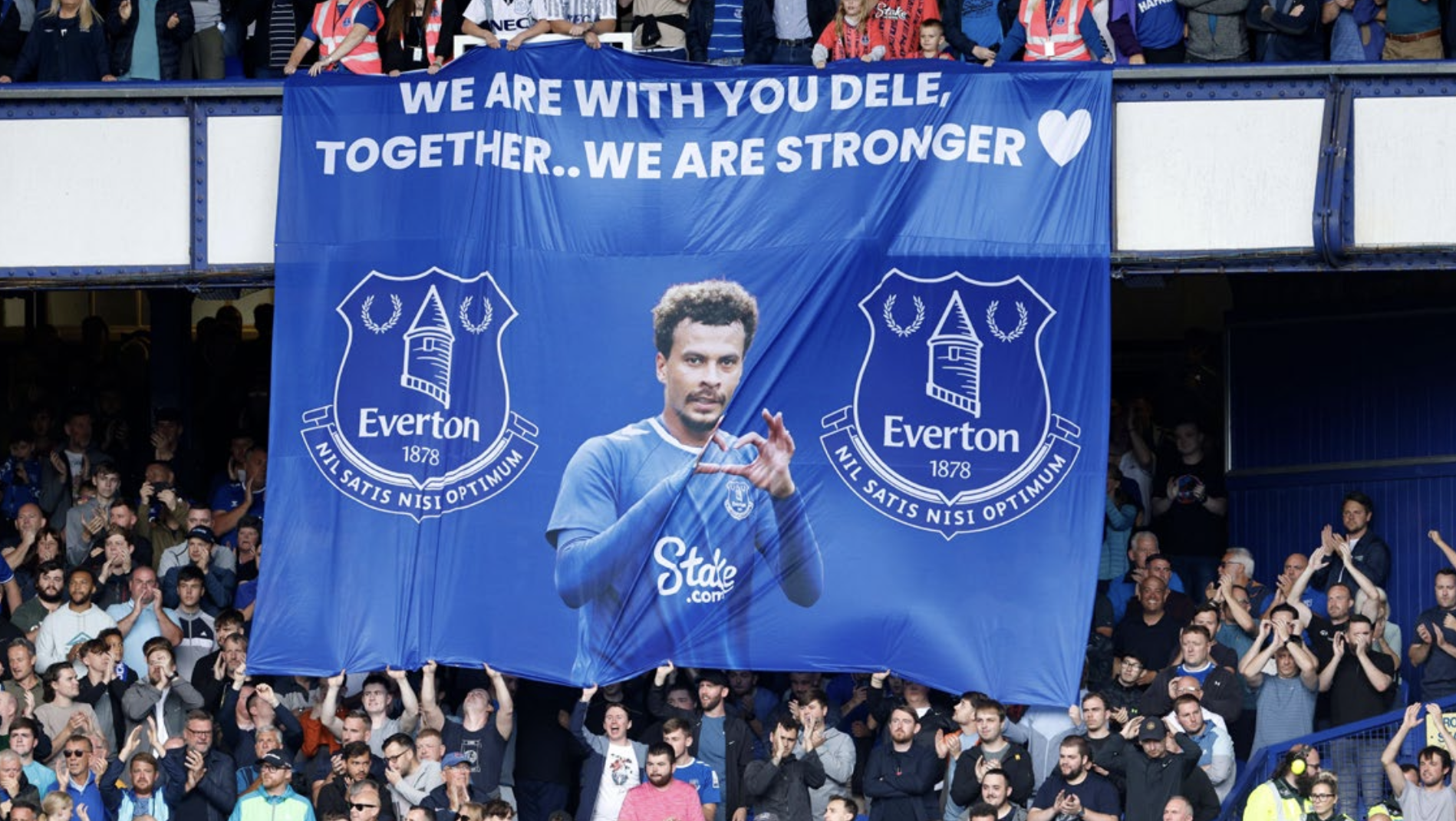
Breaking the silence: Ending the stigma of mental health in football
Dr Gary Souter
Despite the high prevalence in professional footballers, mental health disorders are rarely reported within elite football (Gouttebarge 2019). Stevenson (2020) believes that the perceived stigma is holding footballers back from discussing and disclosing their mental health issues. Players often fear disclosing mental health issues, due to the possibility of team deselection, the detrimental impact on their market value, and the negative perception amongst their club’s fans (James et al., 2022).
In the UK, mental health issues within professional football often generate headlines in the media (Bennett 2020). Although this can be viewed positively, such as raising awareness of mental health issues in elite sport, the intensity of social media platforms can also exacerbate negative societal attitudes towards footballers experiencing issues with their mental health. There has previously been an assumption that professional footballers are immune to mental health issues due to their status, wealth, and adulation (FIFA, 2021). However, constant exposure to the public spotlight can leave footballers vulnerable to negativity from the media and fans. This public stigma that is created significantly impacts footballers’ willingness to disclose and seek treatment for mental health related issues (Merz, et al., 2020). Subsequently, the impact of stigma can have a debilitating effect on footballers who are experiencing mental health symptoms. If a footballer struggles with their mental health, they can become labelled as ‘mentally weak’ or ‘not mentally tough’.
This paper reports on the key recommendations resulting from a doctoral study exploring
the mental health of eighteen first team professional footballers across the English Football League (EFL).
PLEASE JOIN US



